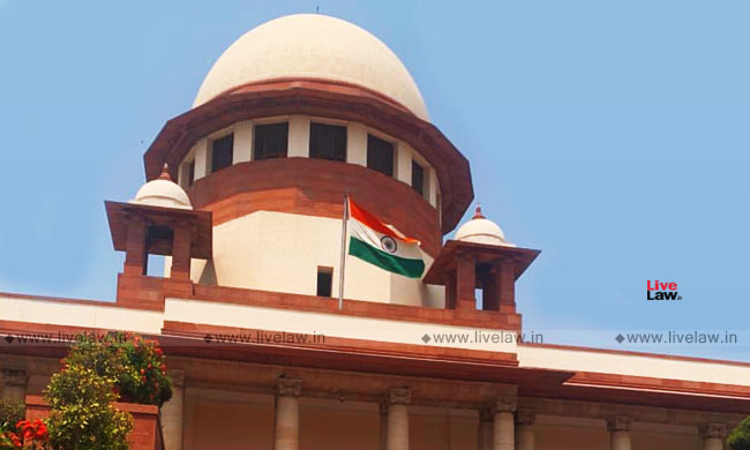A group of former bureaucrats and defence personnel today moved the Supreme Court praying that Presidential orders issued under Article 370 repealing the special status of Jammu and Kashmir and the Jammu and Kashmir (Reorganisation) Act of 2019 be declared unconstitutional and the Centre be refrained from acting upon them as they do not have sanction from the people of Jammu and Kashmir...

